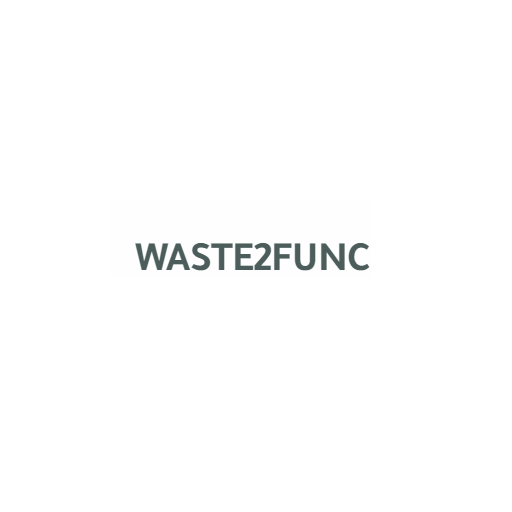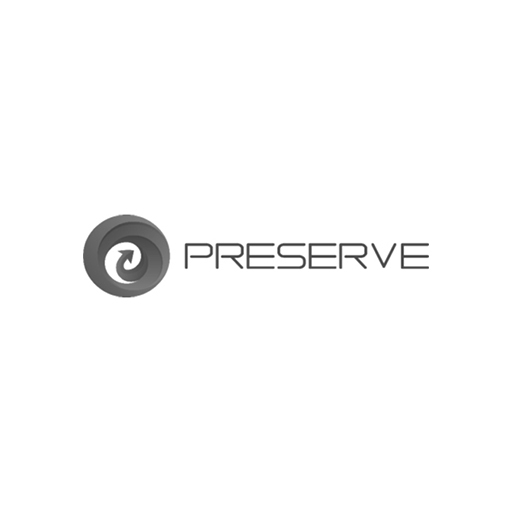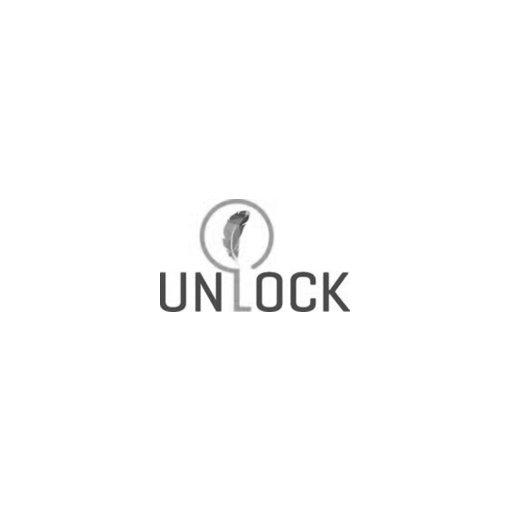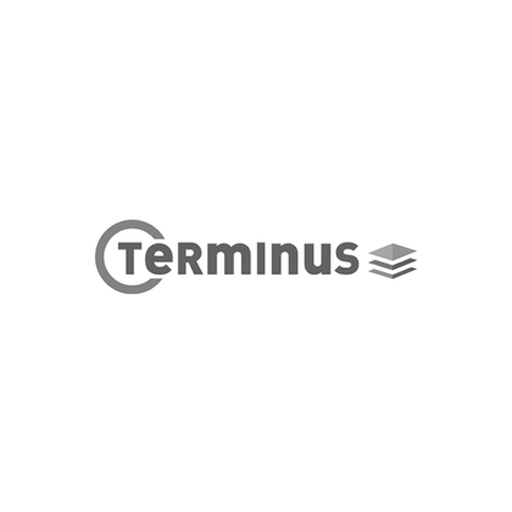
WASTE2FUNC
Lactic acid and biosurfactants sourced from sustainable agricultural and industrial (food) WASTE feedstocks as novel FUNCtional ingredients for consumer products.

High performance sustainable bio-based packaging with tailored end of life and upcycled secondary use.
Term of this project: January 1st, 2021 – December 31st, 2024.

PRESERVE aims at boosting the circular use of bio-based packaging. To shift from the current situation (fossil-based, limited recycling), we build on award-winning upcycling strategies from past and on-going projects. We will enhance the performance of primary food packaging via bio-based barrier coatings for bioplastic and paper/board substrates, as well as via eBeam irradiation and microfibrillar-reinforcement. From the biotechnological side, we will leverage the compounding of enzymes in bioplastics to stimulate biodegradation, the enzymatic recovery of functional oligomers and the delamination of multilayer packaging via enzymatic detergents to enable their layer separation and recycling. The processes required to produce at least 10 packaging demonstrators will be upscaled. The enhanced bio-packaging will be validated with different types of food and drinks. Recovered biopolymers will be upcycled in added value applications such as packaging for personal care products and reusable carrier packaging (using textiles and composites).
The versatility of our end of life options, materials, flexible and rigid packaging types and compatibility with different processes, ensure that PRESERVE results are relevant to more than 60% of the plastic packaging on the market, which long term substitution potential will be maximised thanks to the participation of several leading companies in the consortium. Our 2030 roadmap will outline the pathways to significantly influence the emergence of bio-based packaging and create jobs and growth in the sector. To widen PRESERVE impact, we will also perform life cycle and safety assessments, user acceptance studies and contribute to standardisation and certification. All in all, by contributing to the EU Plastics Strategy in a circular economy, our PRESERVE circular renewably sourced packaging solutions and derived upcycled applications will not only optimally preserve the food and drink but also our environment and its finite resources.
IRIS TECHNOLOGY SOLUTIONS, SOCIEDAD LIMITADA (Spain)
IRIS TECHNOLOGY SOLUTIONS, SOCIEDAD LIMITADA (Spain), FACHHOCHSCHULE ALBSTADT-SIGMARINGEN (Germany), CENTRE SCIENTIFIQUE & TECHNIQUE DEL INDUSTRIE TEXTILE BELGE ABSL (Belgium), AIMPLAS – ASOCIACION DE INVESTIGACION DE MATERIALES PLASTICOS Y CONEXAS (Spain), FRAUNHOFER GESELLSCHAFT ZUR FOERDERUNG DER ANGEWANDTEN FORSCHUNG E.V. (Germany), INSTITUTO TECHNOLOGICO DEL EMBALAJE, TRANSPORTE Y LOGISTICA (Spain), NEXT TECHNOLOGY TECNOTESSILE SOCIETA NAZIONALE DI RICERA R L (Italy), ALMA MATER STUDIORUM – UNIVERSITA DI BOLOGNA (Italy), BIOPOLIS SL (Spain), PLANET BIOPLASTICS SRL (Italy), BOSTIK SA (France), CARBIOLICE (France), SUDPACK VERPACKUNGEN GMBH & CO KG (Germany), GRAPHIC PACKAGING INTERNATIONAL EUROPE (Belgium), SIBO G. d.o.o. (Slovenia), BEIERSDORF AG (Germany), ORGANIC WASTE SYSTEMS NV (Belgium), PLA.TO GMBH (Germany), ROMEI SRL (Italy), DENIMX BV (Netherlands), SILON SRO (Czech Republic), KNEIA SL (Spain), CROWDHELIX LIMITED (United Kingdom), EUROPEAN BIOPLASTICS EV (Germany), DANONE RESEARCH SAS (France), KRAFT FOODS R&D INC (United States)

Lactic acid and biosurfactants sourced from sustainable agricultural and industrial (food) WASTE feedstocks as novel FUNCtional ingredients for consumer products.

Unlocking a feather bioeconomy for keratin-based agricultural products.

In built Triggered Enzymes to Recycle Multi layers: an Innovation for Uses in plastic packaging.